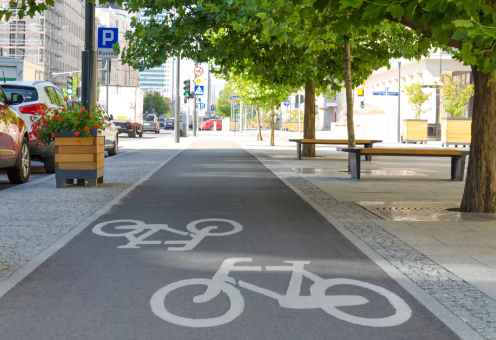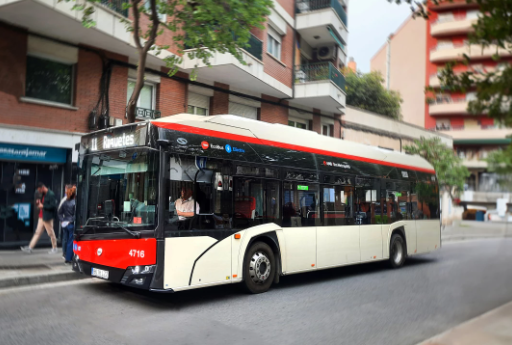
Spain: 420 Million Euros Approved to Promote Sustainable Mobility in Catalonia

Spain’s Ministry of Transport, Mobility and Urban Agenda (Mitma) reached an agreement with the Generalitat de Catalunya to initiate the administrative and economic processing of two of the four agreements to improve connectivity and enhance sustainable mobility.
Agreement was reached on the text of the Interchange Agreement for the execution of interchanges between the General Interest Railway Network and the regional network.
The estimated investment for these two agreements is 420 million euros, to be financed by the Ministry directly or through Adif.
The objective is to develop road and rail infrastructure and also to improve connectivity on existing roads with a view to promoting active and sustainable mobility with actions of pacification, bicycle lanes, energy efficiency, among others.

Public Commitment
The Secretary of State, David Lucas highlighted the Ministry’s commitment to the Maresme region and the railroad. “We have reached an agreement to realize agreements that will improve mobility in the whole Maresme region, where the railroad will also be present, and enhance the train service and connectivity of Vallés Occidental”.
He reiterated the commitment of the Ministry and the Government for the railroad, as the means of transport of the future par excellence for its sustainability, and with the transformation of Rodalies.
Read also: Servosa Receives Prestigious Recognition for Calculating Greenhouse Gas Emissions
“By mid-2023 we have exceeded 1,150 million euros of execution in the Rodalies Plan, 33% of the total investment planned for 2020-2025, with more than 160 actions underway”, he reported.
The duplication of the R-3 line, currently underway; the purchase of 101 new trains; or the installation of new, safer signaling systems,” Lucas detailed.
Challenges
The official recalled the challenges faced by the railroad and in which Mitma is working to successfully overcome them, such as the improvement of daily mobility, where the metropolitan proximity services, the Cercanías, play a fundamental role; the increase and take-off of freight transport by rail and the democratization of high speed.





